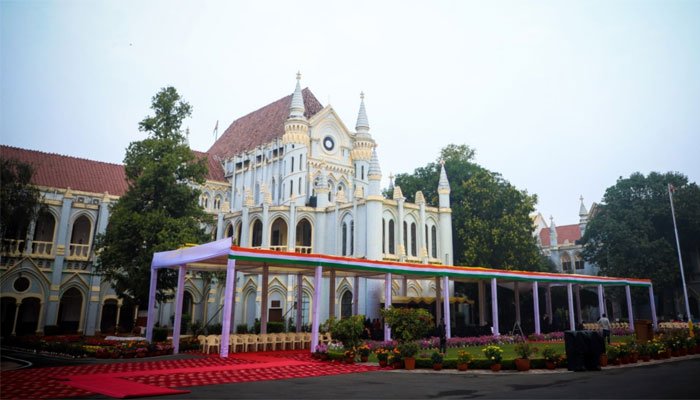A couple desiring an inter-religious marriage approached the Gwalior bench of the Madhya Pradesh High Court seeking protection. During the hearing, the court raised a fundamental question: Can a Hindu man and a Muslim woman legally marry?
Legal Argument: Right to Marry Regardless of Religion
In response, the advocate representing the couple asserted that fundamental rights cannot be discriminated against based on religion. Every individual in India has the constitutional right to marry a person of their choice, irrespective of religious boundaries.
Petition for Protection
The couple sought protection from the court due to concerns about safety. The government’s representative argued that every citizen has the right to live securely. As per constitutional provisions, the petitioners were entitled to protection. After hearing the arguments, the High Court directed the Superintendent of Police (SP) of Shivpuri to ensure their security on all required dates until their marriage is officially registered.
Interfaith Marriage is Legally Valid
The couple’s advocate cited Section 259 of Muslim Law during the hearing. The court determined that a marriage between a Hindu man and a Muslim woman cannot be considered invalid under existing laws.
Legal Recognition Under the Special Marriage Act
In such cases, marriage can take place under Section 4 of the Special Marriage Act, allowing interfaith couples to legally marry and register their union. The court further directed that if any complaint is lodged against the groom, the bride’s statement must be recorded first, and further action should only be taken after a comprehensive investigation.
